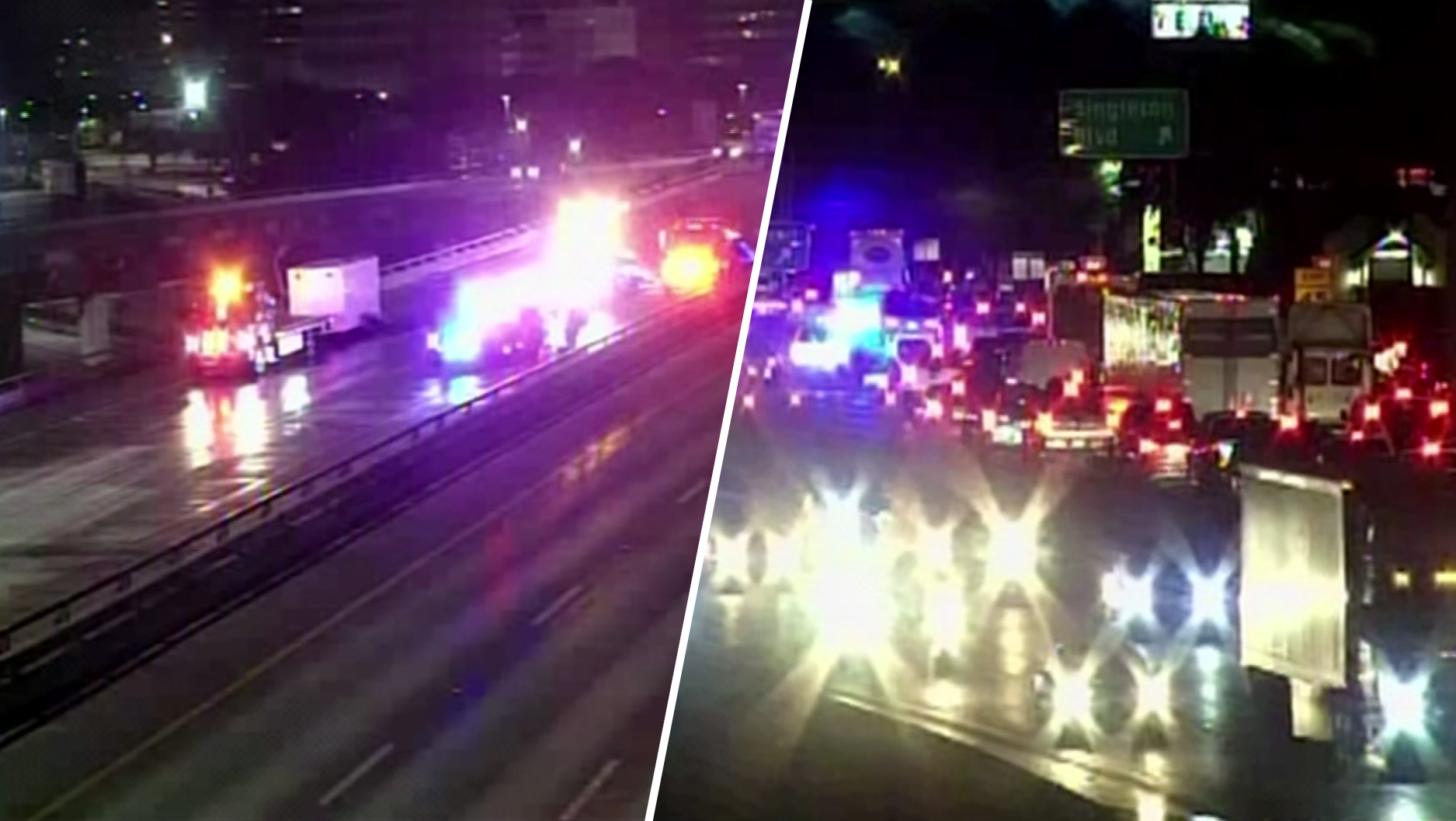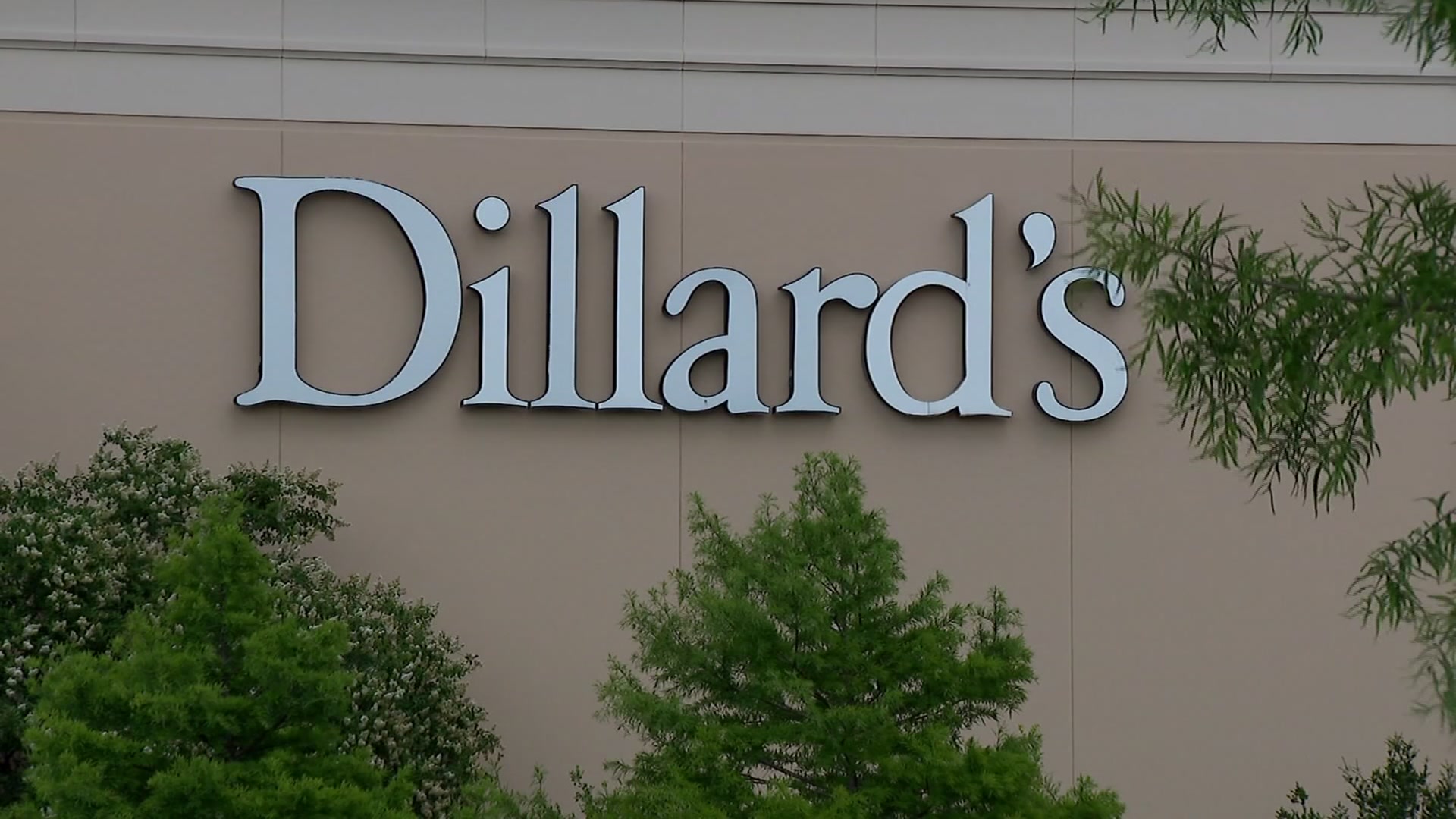New Dallas police figures show response times exceeded goals for a large percentage of 2018 calls.
Dallas police failed to reach the goal of an eight-minute response time for more than a third of 2018 calls.
Police officials responded to the figures after they discussed a new approach to juvenile curfew enforcement with Dallas City Council members Monday.
Dallas police dispatched 31,251 calls categorized as Priority 1 in 2018 with the goal of eight-minute response times. Of those, 11,815, or 37 percent, exceeded that time.
The Priority 2 goal is 12 minutes -- 273,399 calls were dispatched at that level with a 12-minute response time goal. Around 65 percent of Priority 2 calls exceeded the goal.
"We're short 800 cops," Dallas Police Association President Mike Mata said. "There's no replacing bodies."
Some delays are exceptionally long, including the response to a December armed robbery on Cabell Drive near Lemmon Avenue. Residents said it took police around three hours to respond to that call. The chief blamed a dispatcher for posting the call as Priority 2 by mistake, but the delay was also far beyond the 12-minute goal for Priority 2 calls.
The Priority 3 goal is 30 minutes. Priority 4 is 60 minutes, and both of the lower category of calls were exceeded on about half of those dispatched.
Local
The latest news from around North Texas.
Assistant police chief David Pughes said he was not surprised by the numbers.
"I monitor it on a daily basis and we are constantly trying to improve the response time because that is really at the core of what we do," he said.
A six-month efficiency study by hired consultants has just started at the Dallas Police Department. It could lead to further reshuffling of existing manpower.
"They're starting with that patrol, understanding that response times are one of our biggest concerns in the department right now," Pughes said.
Starting pay for Dallas police officers increased to $60,000 a year starting this month with the goal of attracting more recruits. But it takes more than a year to get new recruits on the street.
A change in rules is also in the works to make it easier to hire certified Texas Peace Officers directly from other cities. They could start patrol faster with training time only on Dallas police procedures.
"What my constituents are constantly saying is, 'We don't have enough patrol, we're worried about response times, we never see officers anymore,'" council member Jennifer Gates said.
She was concerned that the Dallas Juvenile Curfew Ordinance will expire Friday before the city holds public hearings that are required to put a new curfew plan in place.
Gates pushed back against suggestions that the curfew is an example of "over policing." City officials Monday suggested a new approach instead.
"I'm just expressing my extreme frustration," Gates said. "What I'm hearing is, 'We could do better, we could have a better policy.' But now we're not going to have a policy at all."
The curfew forbids kids on the street during school hours and overnight.
Critics claim it unfairly targets African-American and Hispanic teens who may wind up with a criminal record for a minor infraction.
"There could be youth that are homeless, that are facing abuse and neglect, that have some kind of other challenges in their home, which is why they are out at night," councilman Omar Narvaez said.
Community leader Edna Pemberton, who pushed for a juvenile curfew years ago, told the city council that the original goal was to protect children.
"This is not police driven. This is community driven," she said. "We want to protect our kids one way or the other."
Police officials suggested an alternative program that could involve counseling and diversion to the city's community courts, instead of criminal citations and fines.
Mata said doing away with the curfew entirely would be a mistake.
"We need a tool that allows us to detain them, to talk to them, to find out what their needs are," Mata said.
But the diversion program could cost money the city has not budgeted.
"We need to continue to use this to help make our neighborhoods safe and to protect the kids who shouldn't be out late at night or running from school," committee chairman Adam McGough said.
The committee voted unanimously to support a motion by councilman Casey Thomas to pursue a new curfew ordinance that would remove criminal penalties. Required hearings will be scheduled soon, but the current ordinance will expire before a new one is in place.



